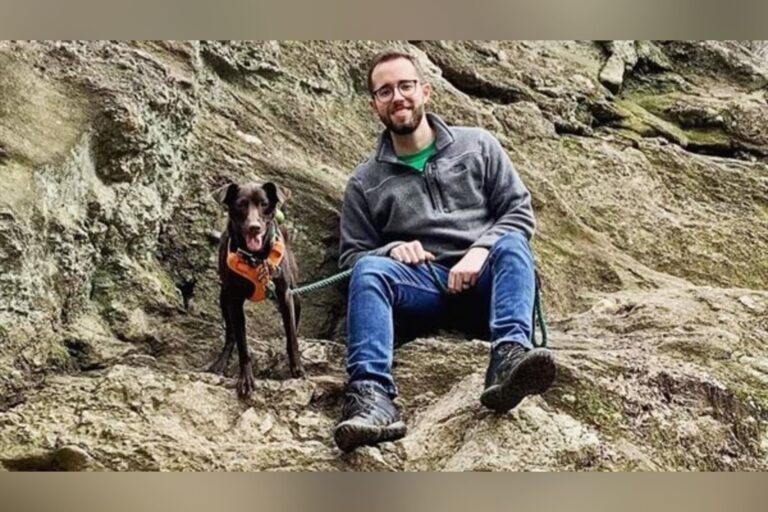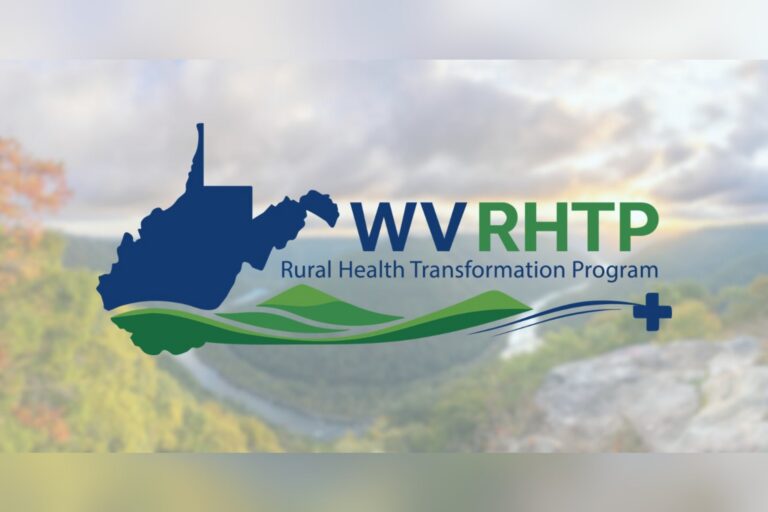This is National Suicide Prevention Week, and John Campo—the chief behavior wellness officer at West Virginia University—is examining trends in suicide rates to make suicide prevention more effective. His recent findings suggest that rural residents may be especially vulnerable to suicide when they face economic challenges.
In a new study, published in JAMA Network Open, Campo and his colleagues analyzed county-level suicide trends in the United States from 1999 through 2016 for individuals between the ages of 25 and 64.
The research team discovered that socioeconomic deprivation disproportionately raised suicide rates in rural counties. In metropolitan counties, suicide rates did not increase as greatly when similar levels of deprivation were present. And although suicide rates are increasing overall, they’re increasing the most—and the fastest—in rural counties. Their findings appear in JAMA Network Open.
“These findings align with recently observed declines in life expectancy for white, middle-aged Americans with lower levels of education that have been attributed to increases in deaths of despair due to suicide and substance use,” said Campo, who serves as assistant dean for behavioral health—and professor of behavioral medicine and psychiatry—in the School of Medicine and Rockefeller Neuroscience Institute.
The researchers also found that higher social capital—such as an abundance of art and nature facilities, religious organizations and barber shops—correlated with lower suicide rates. In contrast, greater social fragmentation was associated with higher suicide rates. Examples of social fragmentation include high percentages of single-person households, unmarried residents and people who have lived in the community for less than a year.
The study assessed the impact of more than 50 contextual factors on county-level suicide rates. These ranged from measures of socioeconomic factors, such as each county’s median family income, to measures of social capital, including the presence of charitable organizations, parks and recreational facilities.
Campo suspects one reason rural residents may be more vulnerable to such “deaths of despair” is that they see economic advancements bypassing their communities. “Advancements in information technology and alternative energy may be groovy but probably do little to help rural communities where farming and extractive industries like coal mining have been the rule,” he said.
Why might people who live in rural counties be particularly susceptible to the effects of socioeconomic deprivation? Campo has a guess. “Folks in rural areas are more socially isolated. They face big challenges related to transportation and interpersonal communication. Some areas in West Virginia don’t even have the internet. And they have difficulties accessing health and mental health services,” he said. “In urban areas, you can be depressed, but you can walk to the corner store or get on the bus and go to the doctor. If you live in a holler somewhere and you don’t have a car, you’re out of luck.”
Based on the study’s findings, Campo speculates that improving rural residents’ access to mental healthcare might improve outcomes. So might connecting them with 24/7 crisis assessment and management services. Enhancing how hospitals can assess and treat patients who arrive at the emergency department during a mental health crisis may also be beneficial. Advancements in communication and telemedicine might, too.
“How do we do a better job educating folks in rural settings about helplines they can call—about the things they can do that maybe people in urban settings know a little bit more about?” Campo said.
He thinks alleviating loneliness among rural residents would help as well. “How do you get people in rural communities to maybe volunteer or better engage with each other?” he said. “That’s what I’d be thinking about. I think it’s an opportunity for faith-based organizations. Anything that’s going to bring people together and decrease isolation in a healthy way is probably going to be protective.”
If you are in crisis, please call the National Suicide Prevention Lifeline at 1-800-273-TALK (8255) or contact the Crisis Text Line by texting TALK to 741741.












